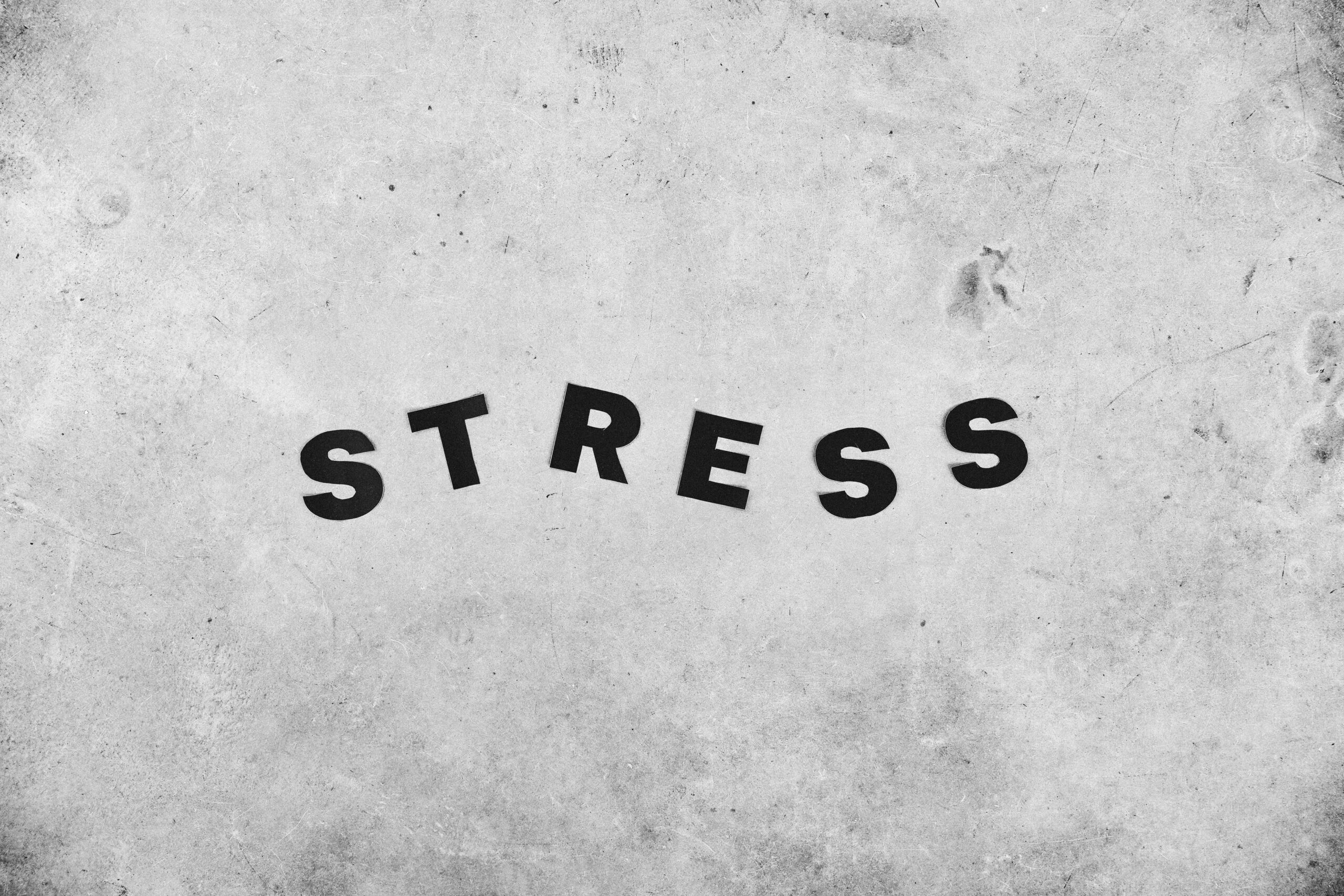Stress is an unavoidable aspect of life and is a frequent topic of conversation from social media discussions to daily coffee chats with coworkers. Mastering Cortisol is key to maintaining good health. A crucial component in our body’s stress response is cortisol, often called the “stress hormone.” In this post, we’ll explore how it affects your body, and the best stress management techniques to keep balance for a healthier, more harmonious life.
Table of Contents
What is Cortisol?
Cortisol is a steroid hormone produced by the adrenal glands. It plays a vital role in regulating metabolism, Reducing inflammation, Controlling the sleep-wake cycle, and Managing how the body uses carbohydrates, fats, and proteins

Understanding the Triggers of Cortisol Release
Cortisol is produced and released by the adrenal glands (mentioned above), which are small, triangular-shaped glands located on top of each kidney. The production of cortisol is regulated by a complex process involving the hypothalamus and pituitary gland in the brain, known as the hypothalamic-pituitary-adrenal (HPA) axis. Here’s how it works:
Hypothalamus: When you experience stress, the hypothalamus in the brain releases corticotropin-releasing hormone (CRH). Pituitary Gland: CRH signals the pituitary gland to release adrenocorticotropic hormone (ACTH) into the bloodstream. Adrenal Glands: ACTH travels through the bloodstream to the adrenal glands, prompting them to produce and release cortisol into the bloodstream.
Once released, cortisol helps the body respond to stress by:
- Increasing blood sugar levels to provide immediate energy.
- They suppress non-essential functions, like the immune and digestive systems, to focus energy on dealing with the stressor.
- Regulate metabolism and inflammation.
When faced with stress, cortisol levels spike to provide the energy needed to handle the situation. However, chronic stress can lead to consistently high cortisol levels, which may result in various health issues, including anxiety, depression, digestive problems, heart disease, and weight gain. Understanding the role of the HPA axis and the adrenal glands in cortisol production is essential for comprehending how stress impacts your body and how effective stress management can help maintain hormonal harmony.
Signs of High Cortisol Levels
Recognizing the signs of high cortisol levels is the first step in managing stress effectively. Common symptoms include:
- Persistent fatigue
- Difficulty sleeping
- Weight gain, especially around the abdomen and face
- Mood swings and irritability
- High blood pressure
Best Stress Management Techniques to Balance Cortisol Levels

Effectively managing stress will help balance cortisol levels, and lead to enhanced health and vitality. Here are some of the best stress management techniques to keep in mind.
Regular Exercise: helps lower cortisol levels and releases endorphins, natural mood lifters. It also improves sleep quality and overall health.
Recommended Activities: Aerobic exercises like walking, running, or cycling, strength training, Yoga or Pilates
Nurturing Your Spiritual Journey and Moments of Quiet Time:
Techniques: Deep breathing exercises, making time for prayer, and Devotional study.
Balanced Diet: Eating a well-balanced diet supports your body’s ability to manage stress and maintain stable cortisol levels…everyone knows that!
Foods to Include: Fresh fruits and vegetables, Whole grains, Lean proteins, Foods rich in omega-3 fatty acids, such as fish, walnuts, and flaxseeds

Adequate Sleep: Quality sleep is essential for managing stress and balancing cortisol levels. Poor sleep can lead to higher cortisol levels and increased stress.
Tips for Better Sleep: Maintain a regular sleep schedule: Make it a self-care strategy by making a scheduled time just for sleep. Create a restful sleeping environment: By setting up black-out curtains to stimulate your Circadian rhythm. Avoid screens: At least 1 hour before bedtime
Social Support: Connecting with friends and family can provide emotional support and reduce stress. Social interactions can help lower cortisol levels and improve mood.

Ways to Connect: Spend time with loved ones, Join social or support groups, Engage in community activities
Time Management: Effective time management can prevent feeling overwhelmed, which can help keep cortisol levels in check.
Strategies: Prioritize tasks, Break larger tasks into smaller steps, Set realistic goals and deadlines
Relaxation Techniques: Relaxation techniques can help reduce physical and mental stress, lowering cortisol levels.
Techniques: Listening to soothing music, Taking warm baths, especially with Epsom salts, Practicing aromatherapy with essential oils like lavender and chamomile

Conclusion
In today’s fast-paced world, managing stress effectively is essential for maintaining mental and physical health. By understanding the role of cortisol and employing the best stress management techniques, you can create a harmonious balance in your life. Incorporating normal, harmonious techniques can significantly lower cortisol levels and improve overall well-being.
Additionally, nurturing your spiritual journey through practices like scripture study and quiet reflection can provide profound insights and comfort during challenging times. Start implementing these strategies to take control of your stress and promote a healthier, more fulfilling life. Remember while stress is an inevitable part of life, how you respond to it can make all the difference.
For additional insights on stress and helpful strategies: Click Here!




